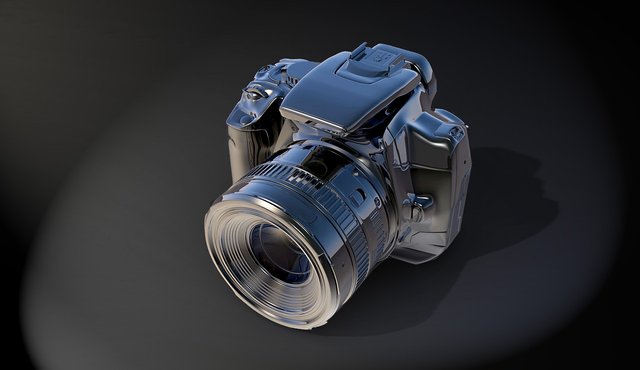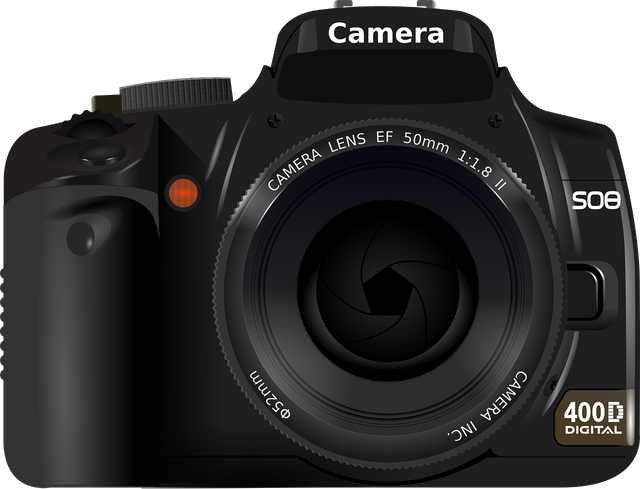We need to take a gander at the accompanying variables before we choose which is the better camera for movement photography:
Your budget
Weight of camera and focal points
Planned use. What are you going to the photo? Scenes, Buildings, Wildlife and so on.
Additional highlights like Wi-Fi, GPS, articulating screen, contact empowered, climate safe, video ability and so on.
Picture quality, sensor estimate, opening extent, fixed or exchangeable focal points, how much optical zoom and so on.
You need to organize which of these highlights could really compare to other people and rank them. In the event that a low spending plan is a top need, at that point, you will pick a specific camera. On the off chance that low weight is significant, at that point you will pick mirrorless or even cell phone. On the off chance that picture quality is most significant, at that point you will pick a major sensor, etc.
There is an exchange off between cost, picture quality, weight and comfort of a fixed/single focal point. So you need to do your own homework and make do with a camera which is most appropriate to your inclinations. That is the reason there is a wide assortment of cameras in the line up of every maker. What's best for one may not be best for another.
Also, You have to understand and choose the following:
Most stretched out gap for low light use and shallow profundity of field.
Optical Zoom
Central length runs required for your expected use. In the event that you are going to shoot untamed life in Africa or Arctic circle then you need a long central length. In the event that you are going to shoot enormous structures like Eiffel Tower, at that point you need a wide edge short central length.
EVF (Electronic view discoverer) or OVF (Optical view discoverer)?
Battery life
What number of super-pixels? (I think 12 MP or higher is fine)
Optical Image adjustment (OIS) versus Electronic picture adjustment (EIS)? OIS is better.
Sensor measure. The bigger sensor delivers better picture quality however it costs more.
Would it be able to shoot RAW pictures? Crude capacity is alluring.
Movability. A cell phone is the least demanding to convey.
Here is a recommended rundown of cameras with different sensor sizes.
Cell phones - Honor 7X, Samsung Galaxy 9, Google pixel 2 or 3, iPhone 8
Smaller camera - Panasonic Lumix ZS 50 or ZS 70, Sony RX 100 arrangement, Canon Powershot SX 740, Nikon P900
Mirrorless - Canon M50, Sony A6000, Olympus OM-D EM-10 Mark 2 or 3, Fujifilm XT 20,
DSLR - is the most ideal approach in the event that you are not kidding about photography. Standard and Nikon are the pioneers. I lean toward Nikon yet Canon is additionally generally excellent. You can't turn out badly with both of them. Sony mirrorless contributions are additionally fine for lower weight. Nikon D3500 or D5300 or D5600 are the best as I would like to think. Ordinance 200D or SL2 is additionally generally excellent.
The last challenge is between the Nikon's and Canon SL2 as the best for picture quality, compactness, weight and so on.
Canon or Nikon? The most troublesome inquiry to reply. Both are similarly great and you will discover top stars utilize it is possible that one. It is an individual inclination. I incline toward Nikon. You go to a shop and handle these 2 cameras in your grasp and see which feels much improved.

